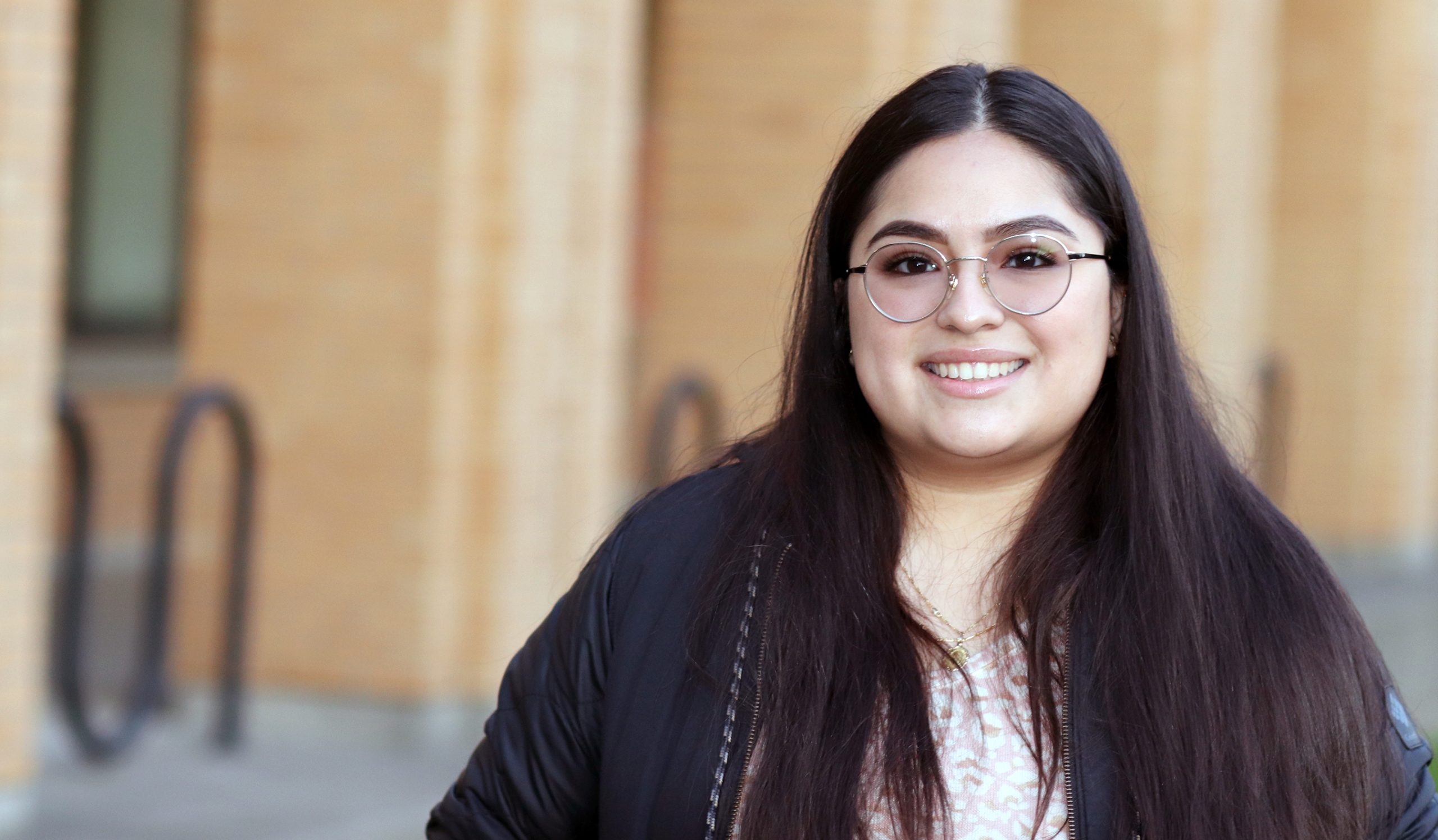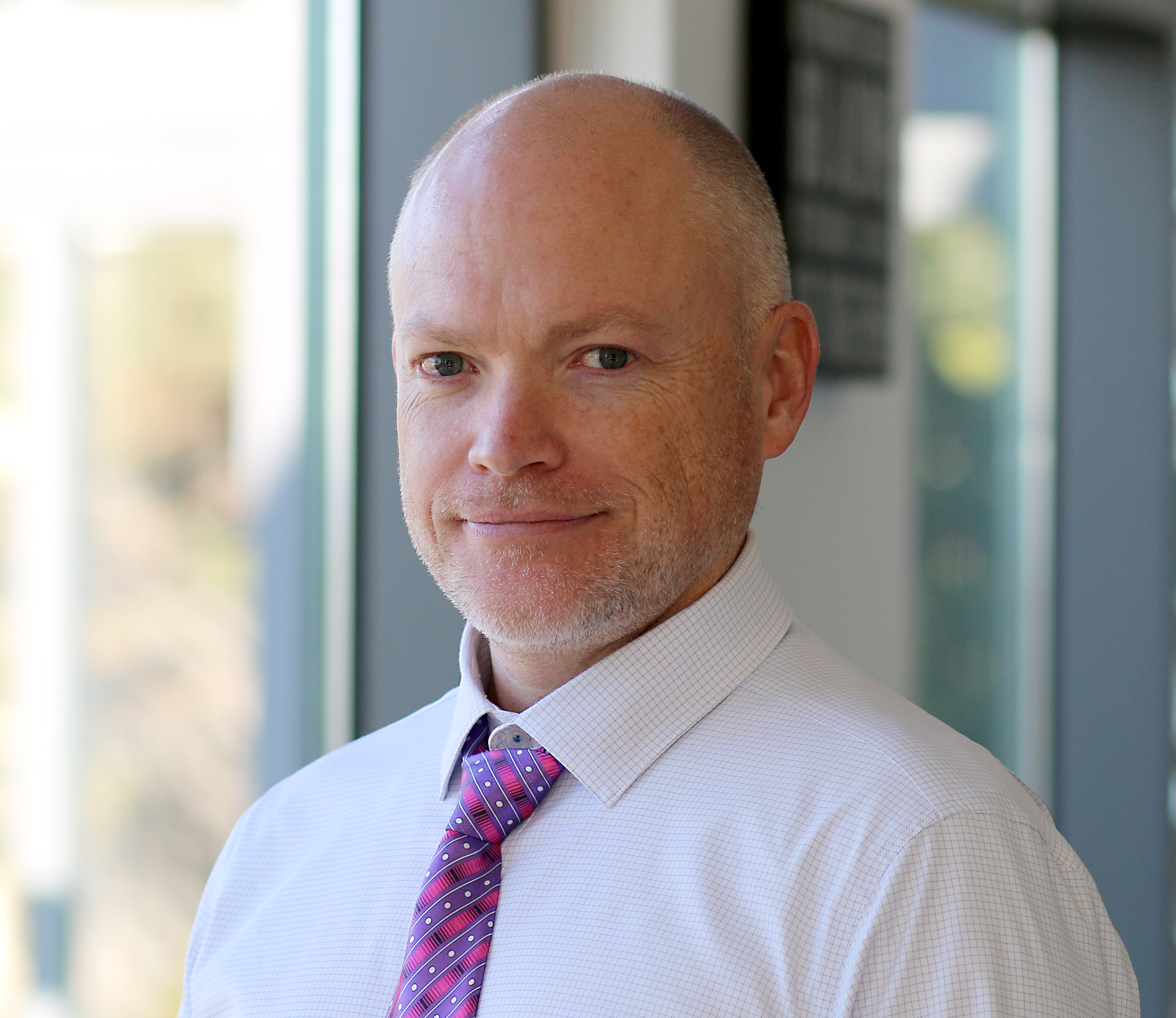Written by James Hill, public relations manager, Portland Community College
Graciela Quinto Alfaro knew attending a private, four-year college was out of reach, financially, for her family.
Alfaro, her siblings and their mother had always lived on a tight budget. When her sister attended a university on the East Coast, Alfaro saw firsthand how the costs of higher education and the accumulation of debt impacted her family. From her sister’s experience, Alfaro knew the odds of attending a four-year institution without getting into debt were not in her favor.
“I needed to help my mother with bills, and my only opportunity to attend a university would be near our home,” said Alfaro.
But a partnership between Portland Community College and Linfield University changed the trajectory of Alfaro’s post-secondary journey. The agreement provides PCC Future Connect Program students with scholarships to attend Linfield and earn their bachelor’s degrees.
Future Connect is a PCC support program for students who identify as first-generation or low-income. Staff help eliminate barriers to college by providing these students with ongoing support through scholarships, career guidance and personalized advising. Historically, 40% of Future Connect students are Hispanic; 48% making up the program’s current cohort. The Linfield agreement extends similar support services to the students’ time at the private four-year college, increasing access to post-secondary education and earning a bachelor’s degree without accumulating debt.
For Alfaro, she used the benefits of Future Connect to earn her associate degree at PCC, and in 2019 she started her educational journey at Linfield. Last year, the triumphant Alfaro completed her bachelor’s degree in marketing.
“It made a huge difference in my life,” Alfaro said. “I was involved in a few programs at Linfield and I met some great people, especially those who received the same scholarship as me. We attended school events, studied, cooked and ate together. I believe this scholarship has made me come out of my shell and not be afraid to ask for help.”
Equitable Student Success
Future Connect is one of many PCC initiatives that serve under-represented and marginalized communities, such as Oregon’s burgeoning Latinx community, and help level the playing field in higher education. These equity-minded programs align with the college’s recently developed Strategic Plan, which is buttressed by four main themes, one being “Belonging: Transforming our learning culture toward creating a sense of belonging and well-being for every student.”
Backed by this theme, PCC established Yes to Equitable Student Success (YESS), a framework based on the national Achieving the Dream network. It creates inclusive systems and quality support for students throughout their journey at PCC. A large part of the “Belonging” theme is made up of the myriad PCC programs serving Hispanic students, who constitute 14% of the college’s student body. A sample of those programs includes:

College Assistance Migrant Program
With an annual cohort of 45 students, the College Assistance Migrant Program (CAMP) is a federally-funded effort to support students from migrant and seasonal farmworker backgrounds during their first year in college. Students are provided with financial assistance and services to prepare them for transferring to a four-year college or university.
“These are at-risk, first-generation students,” said Greg Contreras, CAMP director. “The CAMP program gives them a chance to be trailblazers into higher education from their families.”
CAMP is one of 50 similar programs at community colleges and public and private universities around the country. Students seek to advance their career options in business, social work, healthcare, education and more. Their parents have the same goals for their children, so staff reach out and build relationships with students’ families. Such engagement often leads to these parents, inspired by their children, enrolling at the college.
“The buy-in from families is huge,” Contreras said. “We invite our parents to come to campus, and we talk with them about college and what it means. We hold regular parent nights, where we provide food and an inspirational speaker. We’ve even kept this up through COVID. We can’t provide food over Zoom, but we can give them everything else.”

High School Equivalency Program
Complementing CAMP is the High School Equivalency Program (HEP), which ensures that migrant and seasonal farmworkers earn their GED and transition to higher education, thereby improving their educational attainment and employment opportunities. HEP is the only program of its kind in the region and serves about 58 students annually.
“It is this long-term commitment that impacts the entire family life since students not only attain the GED but learn about other possibilities and resources, and how to access them,” said Beto Espindola, HEP manager. “We serve adult students in Spanish who, on average, have been out of school for ten or more years and possess limited formal education. It addresses their specific needs such as evening classes, tutoring, computer training, support services, and other educational assistance. This experience is often the catalyst for filling the educational void and breaking the poverty cycle, particularly for extended families.”
Additional Support Pathways
• PCC partners with a local school district to operate a training pathway program for under-represented high school students interested in aviation careers.
• For the college’s undocumented students and their families, PCC runs one of the region’s only DREAMers Centers, providing a safe space for students and their families.
• PCC’s Transiciones Oeste Cohort Program is a strength-based program that offers a supportive learning community tailored to Latinas transitioning to college.
“PCC is a bridge to opportunity, a bridge to a better life, for countless members of our communities regardless of what zip code a student is born in,” said PCC President Mark Mitsui. “According to (Oregon’s) Higher Education Coordinating Commission, nearly a quarter of all students who face ‘equity barriers’ to public higher education attend PCC. And the college is helping them pursue upward mobility and overcome obstacles that may have held them back previously.”
Author Bio: James Hill serves as the public relations manager for Portland Community College, overseeing the college’s media relations and digital communications.